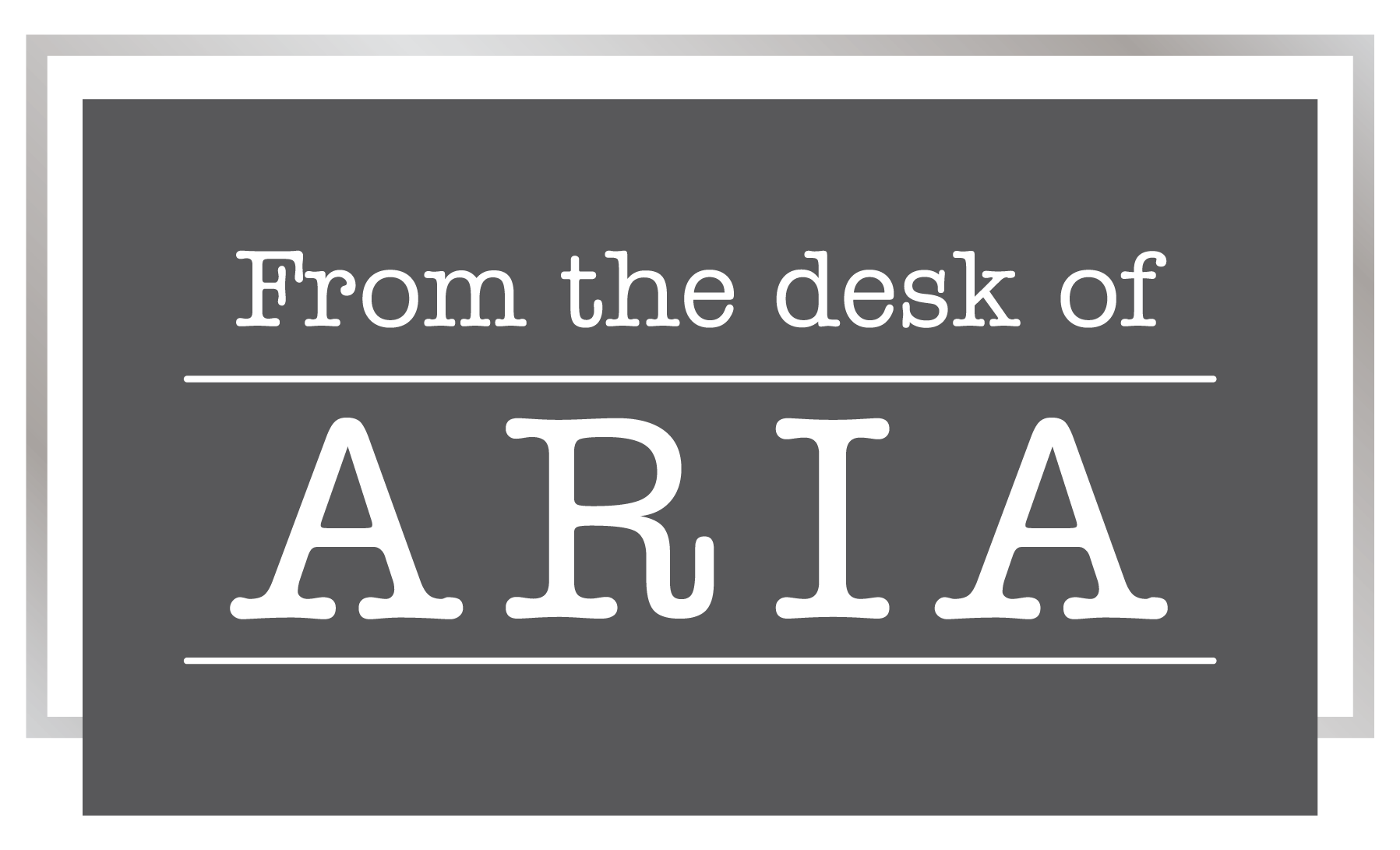
A Guide to Comprehensive Sexuality Education

A Guide to Comprehensive Sexuality Education
Comprehensive Sexuality Education (CSE) was created to help young people develop the knowledge and skills they need to make informed decisions about their sexual health. CSE is typically taught by trained professionals, such as teachers, health care providers, or other qualified adults, and can be offered online, through schools, and community-based organizations. CSE provides age-appropriate, medically accurate information about the physical, social, emotional, and cultural aspects of sexuality; it includes topics such as gender identity and expression, relationships, sexual orientation, contraception, and sexually transmitted diseases. It aims to empower students to make responsible decisions, in order to protect their health and well-being. By providing comprehensive education on these topics below, CSE promotes a culture of respect for diversity.
Human Rights
CSE enforces the fact that every human has the right to access healthcare and education. All humans deserve to be treated with respect, regardless of their race, religion, gender, or sexual orientation. CSE teaches young adults to respect and advocate for equal rights for all. This creates an environment of activism, love, and empathy.
Gender Identity
CSE typically teaches about gender identity in a broad sense, emphasizing that gender is a social construct and that individuals are entitled to self-expression. This education is essential, because it allows children to understand and explore their own gender identity, which is a crucial part of their self-confidence and understanding. CSE allows students who don’t identify with their gender-at-birth to put a name to what they are experiencing. This takes away the shame and feelings of inferiority that may arise if they don’t know why they feel the way they do about themselves and their identity. This also presents a solution to these confusing feelings–kids can understand their options on how they can express themselves.
Furthermore, talking about gender identity in CSE can normalize these conversations and destigmatize differing gender identities. Teaching this helps students understand and respect the diversity of people around them. Understanding that there are different ways to express one’s gender, and that not everyone identifies with the gender they were assigned at birth, helps children to be more inclusive and accepting of others. This can help to prevent bullying and discrimination based on gender identity, which can have serious and long-term negative effects on individuals. The more this is taught, the more our future generations will be open-minded, accepting, and self-understanding.
LGBTQ+ Relationships & Sexual Orientation
CSE covers sexual orientation and non-heterosexual relationships. This inclusion is crucial for the LGBTQ+ community, helping to destigmatize discussions around non-heterosexual relationships. Despite the normalcy of being in the LGBTQ+ community, most of our society treats it as an inferior ‘choice’, which feeds bigotry. Without frequent conversations with kids about how sexual orientation isn’t a ‘choice’, and how it is nothing to feel inferior or shameful about, the treatment of this community worsens. Because of this discrimination, the LGBTQ+ community is often neglected, with confused developing adults left in the dark about how their relationships and sexual activity should look. This is why it is so important to have CSE, which helps to foster self-confidence in individuals around their own sexual orientation.
Consent
CSE also focuses on the idea of consent. Teaching kids about consent is so important for so many reasons. For one, it shows young people their responsibility to get consent before engaging in any form of sexual activity. In addition, it teaches young people how to use their voice and reaffirms the fact that one can say “no” to anything they are not comfortable with. Even further, if someone does act without a person’s consent, CSE empowers people to speak out about this. This creates strength and respect in young adults.
Healthy Relationships
CSE teaches kids about healthy relationships, which is vital in helping them develop the skills and knowledge needed to form strong, mutually beneficial relationships. It helps young people understand how to build healthy foundations for communication and trust with others, as well as how to respect and create healthy boundaries of their own. And, most importantly, teaching kids about healthy relationships can help them recognize warning signs of unhealthy relationships so that they can learn to protect themselves from such situations early on. It is essential to recognize that not everyone has access to healthy, positive relationship role models, but CSE ensures everybody is properly informed on the matter.
Contraceptives & Sexually Transmitted Diseases
CSE also teaches about contraceptives, which are methods to prevent pregnancies–including birth control and condoms. CSE teaches how to safely access and use contraceptives, and the risks and benefits of different forms of contraceptives. This enables young adults to make informed decisions about their sexual health; it helps them learn how to protect themselves from Sexually Transmitted Diseases (STDs) and unwanted pregnancies. This allows all people to understand their options regarding reproduction.
Teaching kids about contraceptives encourages openness and honesty around sex and sexuality. CSE provides them with the necessary insight and confidence to discuss contraception options, such as speaking with a guardian or parent in order to go to an OBGYN. This ensures young adults have the ability to stay safe during sexual activity.
Sexual activity is a natural part of growing up for many teenagers, and it is unrealistic to expect them to abstain completely. Instead of ignoring or shunning this aspect of their lives, it is important to educate them so they can make informed and safe decisions. This includes providing resources such as access to an OBGYN or Planned Parenthood for healthcare and guidance. By educating teenagers about sexual health, we can empower them to ask for help when they are confused or need support, and reduce the risks associated with sexual activity, such as unintended pregnancy and the spread of sexually transmitted diseases.
This is why CSE is such a crucial tool for informing children about sexuality. In many societies, discussing sexuality is considered taboo, which can lead to parents, guardians, and adults not providing their children with important information about their bodies and selves. Additionally, traditional sex education in schools may not provide all the necessary information. CSE fills in these gaps by providing vital information not readily available elsewhere. When CSE is integrated into schools and organizations, it makes them safe, diverse, expressive places–which are preparing and educating their kids.
